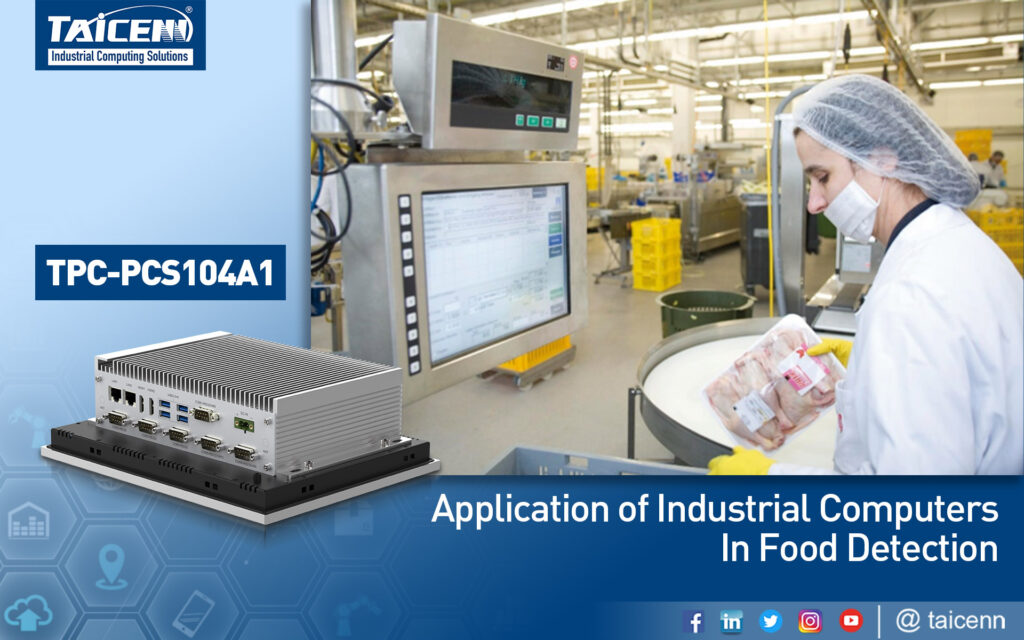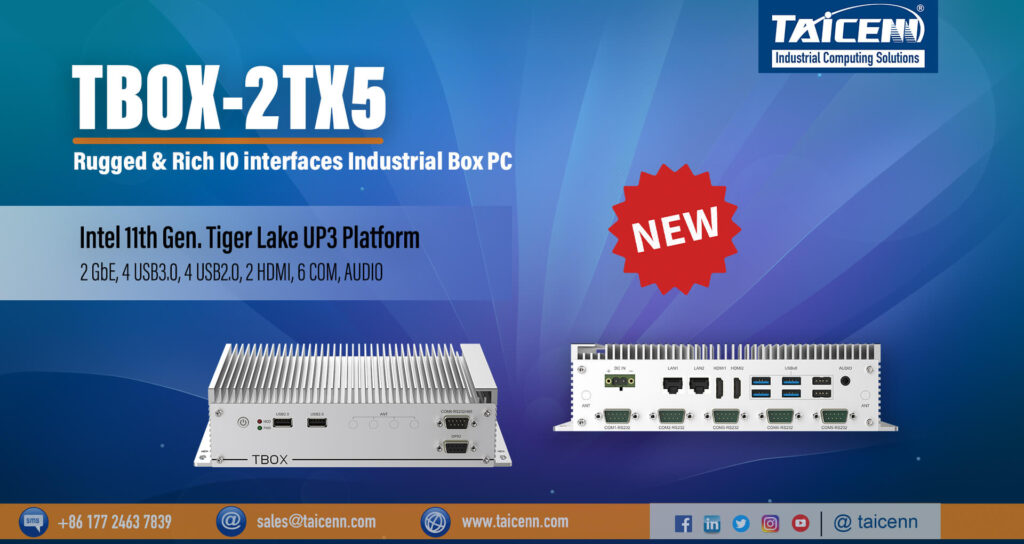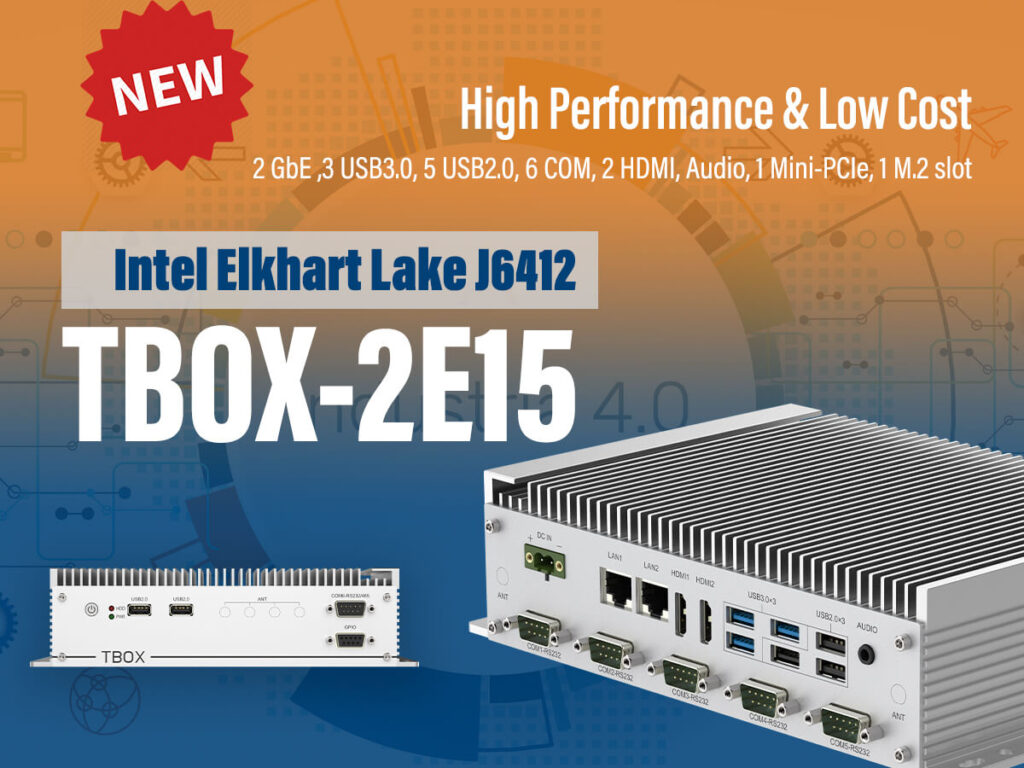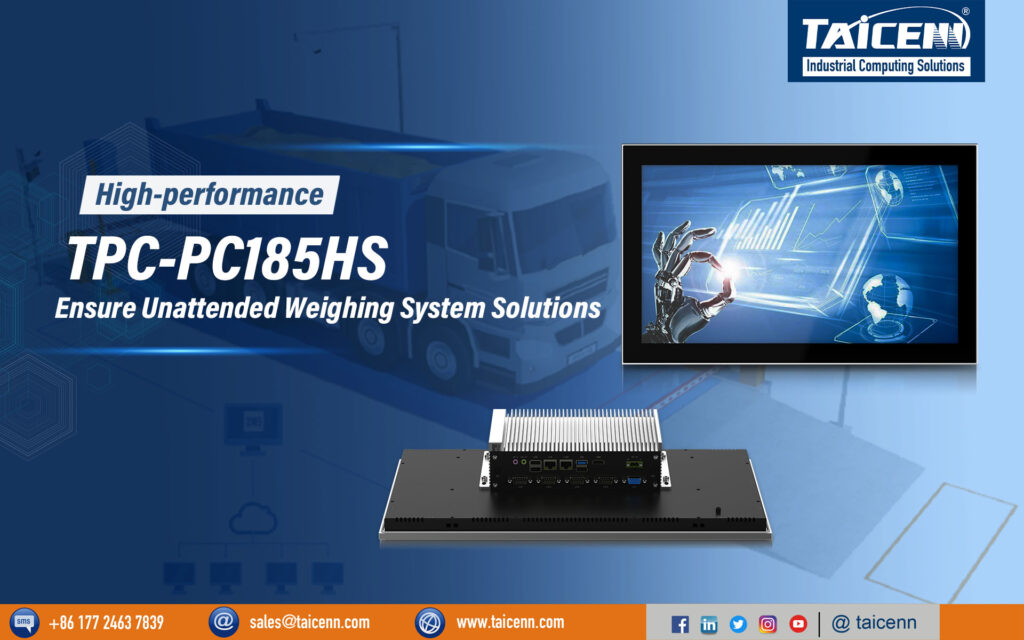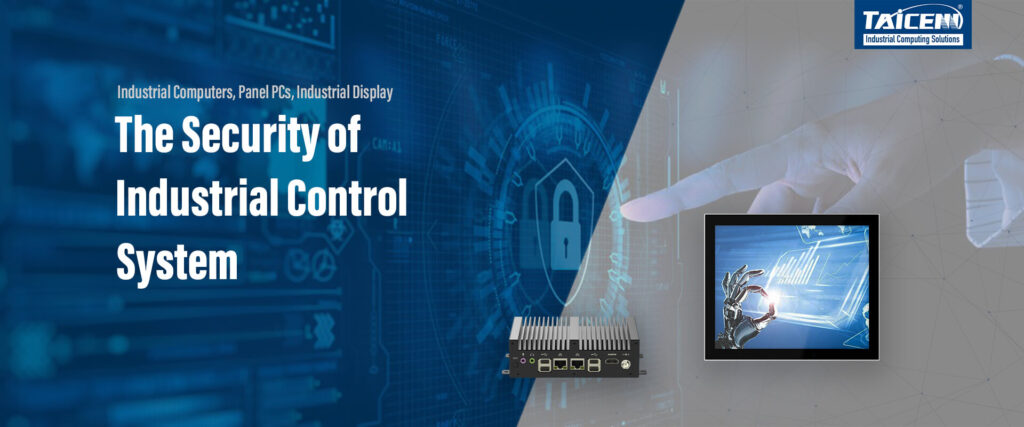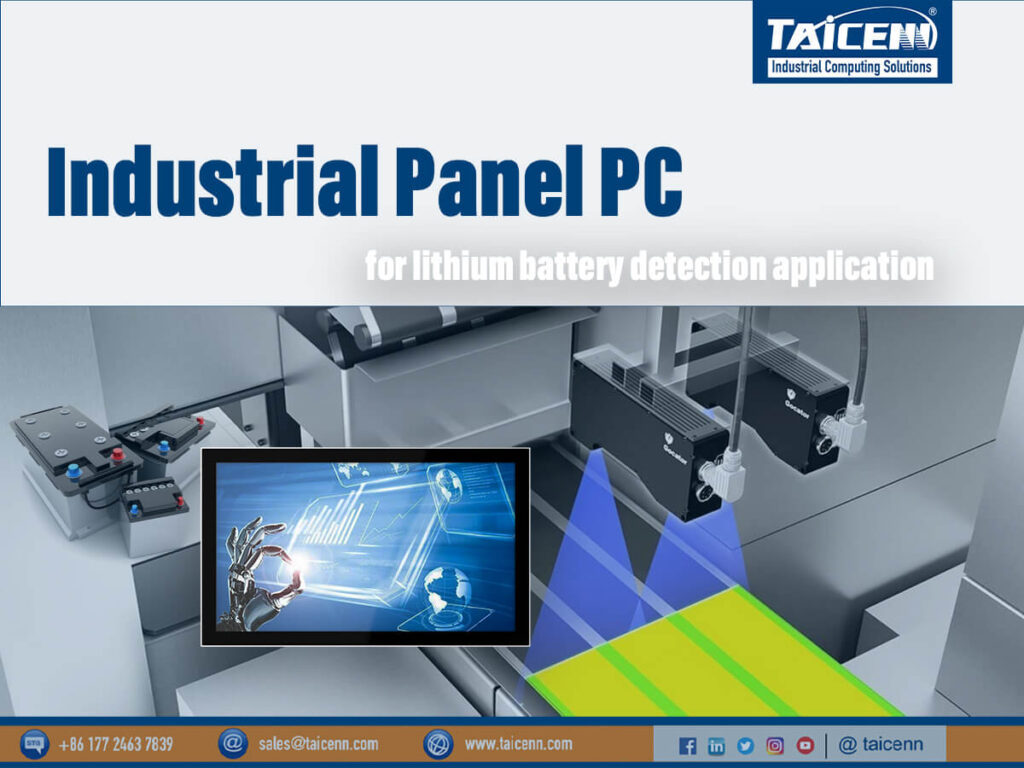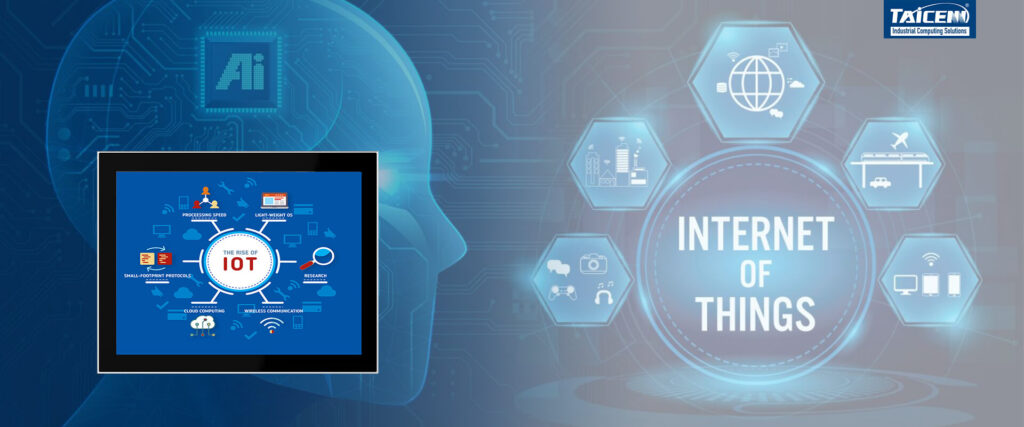In heavy industry, industrial computers are indispensable for their ability to handle crucial tasks like data processing, control, and monitoring. These computers are purpose-built to withstand harsh environments, ensuring uninterrupted operation. Key features include durability, robust performance, scalability, compatibility with industry standards, enhanced connectivity, ruggedized design, advanced cooling mechanisms, and compliance with regulations. Industrial computers empower heavy industry operations by boosting efficiency, productivity, and safety.
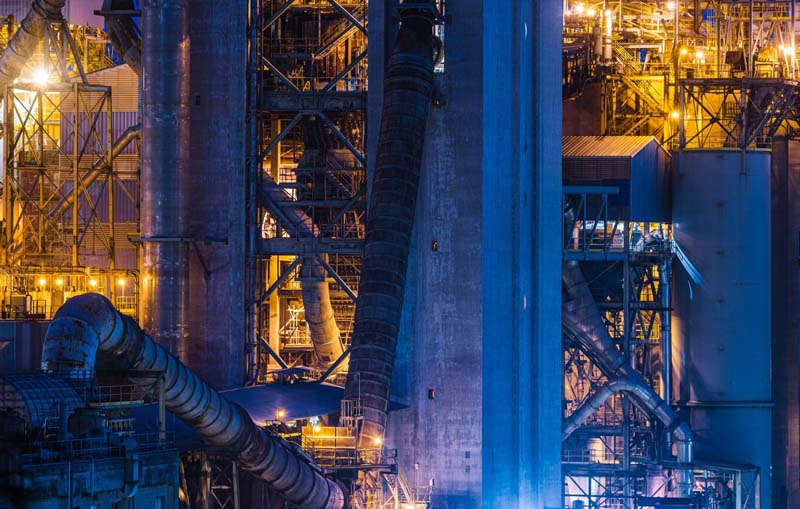
Durability and Reliability
Durability stands as a cornerstone requirement in heavy industry environments, where equipment is subjected to relentless stressors. Industrial computers, being the backbone of operations, must endure these challenges without faltering. They face extreme temperatures, dust, vibration, and moisture on a daily basis, necessitating robust design and construction.
Industrial computers achieve durability through ruggedized components and sturdy enclosures. These components are carefully selected and engineered to withstand harsh conditions, ensuring reliable performance under duress. Sealed enclosures protect internal components from dust and moisture ingress, while shock-absorbing mounts mitigate the impact of vibrations.
Reliability is equally crucial in heavy industry settings, where even the slightest interruption can lead to significant downtime and losses. Industrial computers are designed to deliver uninterrupted operation, thereby minimizing the risk of disruptions to critical processes. Their robust construction and adherence to stringent quality standards ensure consistent performance, instilling confidence in heavy industry operators.
In essence, durability and reliability are non-negotiable traits in industrial computers for heavy industry applications. Their ability to withstand harsh conditions and deliver uninterrupted operation is essential for maintaining productivity and safety in demanding environments.
Scalability and Flexibility
In the dynamic landscape of heavy industry, the need for scalability and flexibility in industrial panel pc cannot be overstated. These characteristics are vital as they allow computing systems to adapt seamlessly to evolving requirements and technological advancements.
Heavy industry operations are subject to constant changes, whether due to shifts in production demands, upgrades in technology, or the introduction of new processes. Industrial computers must be able to accommodate these changes without causing disruptions. Scalability ensures that computing systems can easily expand to meet growing demands or integrate additional functionalities as needed. Flexibility, on the other hand, allows for customization and adaptation to specific tasks or environments within the industrial setting.
One of the key features that enable scalability and flexibility in poe industrial pcs is their modular design. Modular components can be easily added, removed, or upgraded, providing a convenient way to tailor the computing system to specific requirements. Expansion slots further enhance this adaptability by allowing for the integration of additional hardware components such as graphics cards, communication modules, or storage devices.
Compatibility with various peripherals is also essential for ensuring the flexibility of industrial computers. By supporting a wide range of peripherals such as sensors, actuators, and input/output devices, industrial computers can interface with different types of equipment and systems within the industrial environment. This compatibility enables seamless communication and integration, enhancing the overall efficiency and functionality of the system.
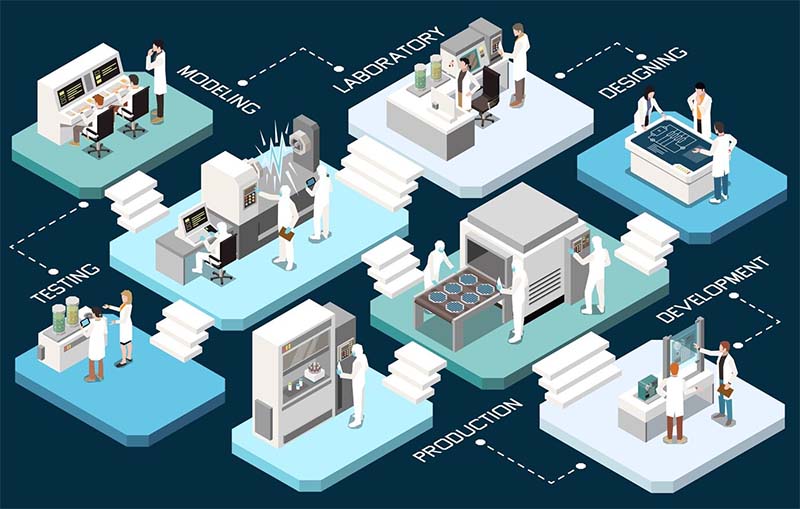
Furthermore, future-proofing is a critical consideration when selecting industrial computers for heavy industry applications. By choosing scalable and flexible computing systems, organizations can invest in solutions that can grow and evolve along with their needs. This proactive approach not only ensures that the computing infrastructure remains relevant and effective in the long term but also helps to minimize the need for costly upgrades or replacements down the line.
Compatibility with Industry Standards
Compatibility with industry standards is crucial for industrial computers operating in heavy industry environments, as it ensures seamless integration with existing equipment and systems. These standards encompass a variety of protocols and communication interfaces that facilitate interoperability and data exchange between different devices and components.
Heavy industry applications commonly rely on protocols like Modbus, Profibus, and OPC UA for facilitating communication between industrial automation systems. Modbus, for instance, serves as a serial communication protocol, establishing connections between various industrial electronic devices. Profibus, on the other hand, facilitates real-time data exchange between field devices and control systems, making it a widely used choice in heavy industry settings. Meanwhile, OPC UA, known as Unified Architecture, represents a modern communication protocol meticulously crafted to ensure secure and reliable data exchange across industrial networks. These protocols form the backbone of communication systems in heavy industry, enabling seamless interaction between different components and systems essential for efficient operations.
Industrial computers play a vital role in supporting these industry standards by providing the necessary hardware and software interfaces to communicate with various devices and systems. They act as a bridge between different components within the industrial ecosystem, enabling seamless integration and interoperability.
For example, industrial computers equipped with Modbus-compatible interfaces can communicate with PLCs (Programmable Logic Controllers), HMIs (Human Machine Interfaces), and other devices that support the Modbus protocol. Similarly, industrial computers with Profibus or OPC UA interfaces can interface with field devices, sensors, actuators, and control systems that use these standards.
By adhering to industry standards, industrial computers ensure compatibility and interoperability across different components and systems in heavy industry environments. This compatibility streamlines the integration process, reduces implementation costs, and enhances overall system reliability and performance.
Ruggedized Design and Enclosure
In heavy industry environments, the durability and reliability of industrial computers are paramount. These computing systems face numerous challenges, including extreme temperatures, vibrations, and exposure to dust and moisture. To withstand such harsh conditions, industrial computers are equipped with ruggedized designs and sturdy enclosures.
Features like shock-absorbing mounts, reinforced chassis, and sealed enclosures play crucial roles in protecting industrial computers from physical damage. Shock-absorbing mounts help mitigate the impact of vibrations, while reinforced chassis provide structural integrity and resistance to deformation. Sealed enclosures prevent the ingress of dust, moisture, and other contaminants, ensuring the reliability of internal components.
Advanced Cooling Mechanisms
In heavy industry, maintaining optimal operating temperatures for industrial computers is crucial for ensuring reliable performance and longevity. Advanced cooling mechanisms play a key role in achieving this goal.
Industrial computers employ various cooling techniques such as passive heat sinks, fans, and liquid cooling systems to dissipate heat generated during operation. Passive heat sinks consist of metal fins that absorb and dissipate heat through convection, while fans help circulate air to carry away heat more efficiently. Liquid cooling systems use coolant to transfer heat away from critical components, providing superior cooling performance compared to air-based methods.
By implementing these advanced cooling mechanisms, industrial panel pc can operate within safe temperature ranges, preventing overheating and thermal damage. This not only ensures consistent performance but also extends the lifespan of the computing system, reducing the need for frequent replacements and maintenance.
Conclusion
In conclusion, industrial computers play an increasingly vital role in driving efficiency, productivity, and safety in heavy industry. As technology continues to advance, these computing systems evolve to meet the ever-changing demands of the industrial landscape.
With features such as durability, reliability, scalability, and advanced cooling mechanisms, industrial computers empower organizations to optimize their operations and adapt to new challenges. By seamlessly integrating with existing equipment and systems, industrial computers streamline processes, enhance communication, and improve overall efficiency.
Furthermore, the ruggedized design and sturdy enclosures of industrial computers ensure resilience in harsh industrial environments, minimizing downtime and maximizing uptime. As a result, industrial computers contribute to increased productivity and profitability while also prioritizing the safety of workers and assets.

